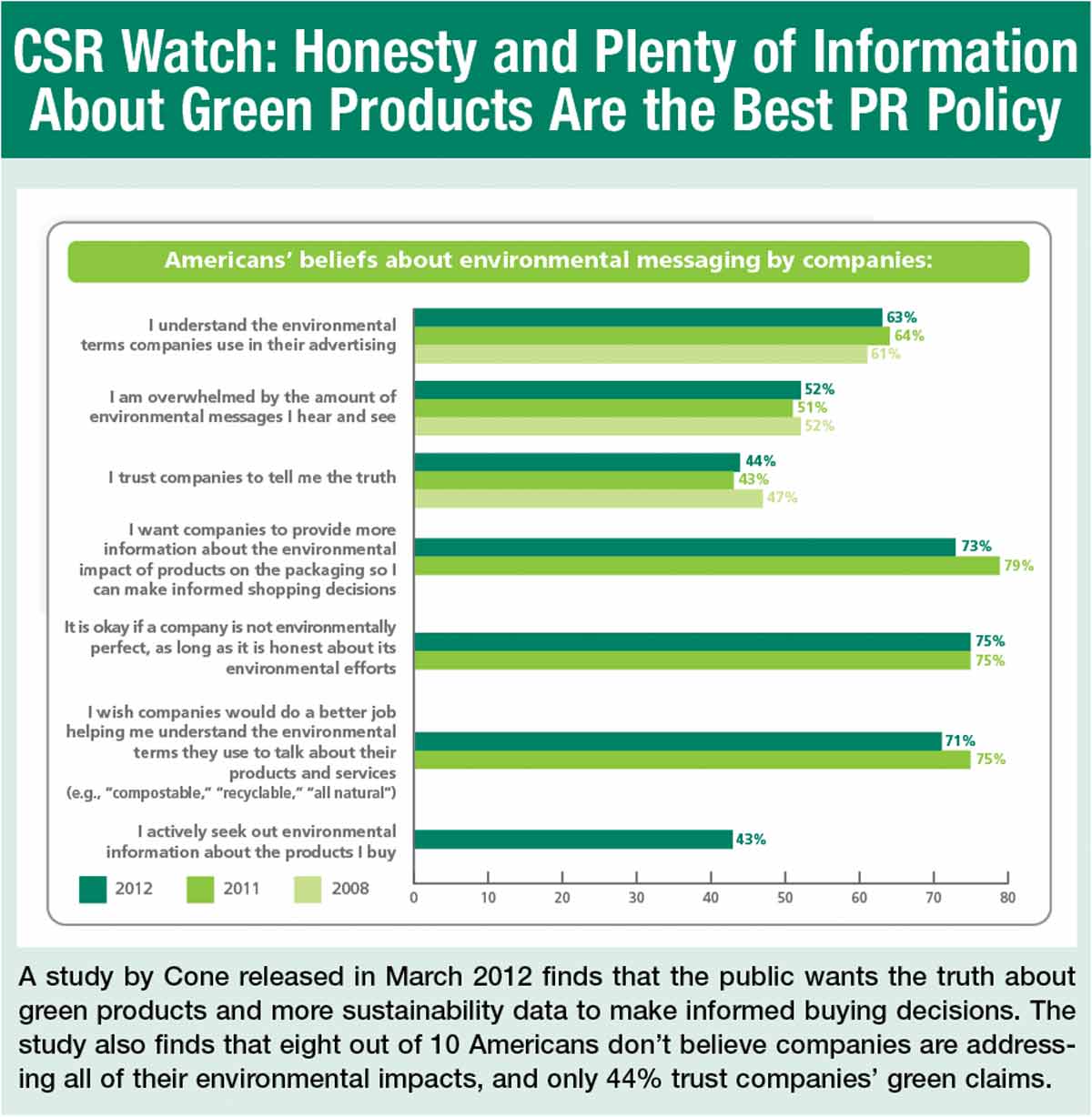 |
â–¶ Public Down on Leaders: Business, political and religious leaders are falling short of expectations around the world—with Europeans and Americans the most disillusioned—according to a 12-country survey by Ketchum released in March 2012. In fact, the “Ketchum Leadership Communication Monitor” found that more people globally believe leadership will actually get worse in 2012 (31%), compared with anticipating better leadership (27%). Other study findings include:
• Business leaders were seen as the most effective in 2011—beating politicians, not-for-profit bosses and even religious leaders. More than a third of respondents said they were more confident in business leaders than a year ago, with 36% viewing business as providing effective leadership (receiving an “excellent” rating of 8 or above on a scale of 0-10) and 48% seeing them as effective communicators.
• Within the business community, knowledge-based industries were perceived as having the most effective bosses. Ranked highest on leadership effectiveness was technology, with a 44% approval rating, followed by media (39%) and telecommunications (36%).
• Crisis response is seen as the most important area for business leaders to communicate personally (53%), followed by financial results (48%) and the state of the business (40%).
Source: Ketchum
â–¶ For Some, Social Brand Breakup Is Easy to Do: A March 2012 study on social media by Revelation Research found that 52% of U.S. online consumers age 16 and over have liked, followed or subscribed to a company/brand via social networking. But close to a third of these later turn around and dump the brands with which they initially forged a relationship. Study highlights include:
• After distancing themselves from the brand on social media, many report they then view the brand more negatively, shop/visit it less often and wind up spending less. Males are quicker to make the break than females and to regard the brand more negatively after the break.
• The single biggest reason for the breakup is the brand coming on too strong. That is, the brand pushed too hard and got clingy with excessive posts, tweets or other communications.
• Failure to deliver on a promise of deals and failure to engage or offer value is also a turnoff. Consumers also cite the old “it wasn’t you, it was me” as a reason for dumping the brand—meaning consumers lost interest in the topic. PRN
Source: Revelation Research
